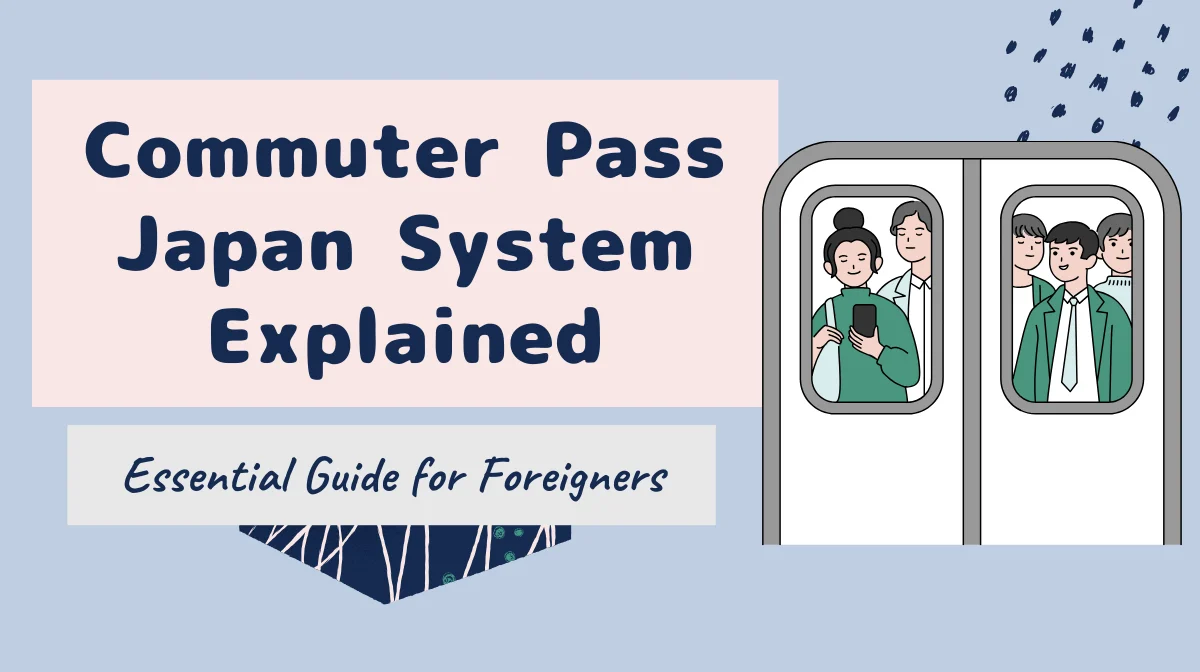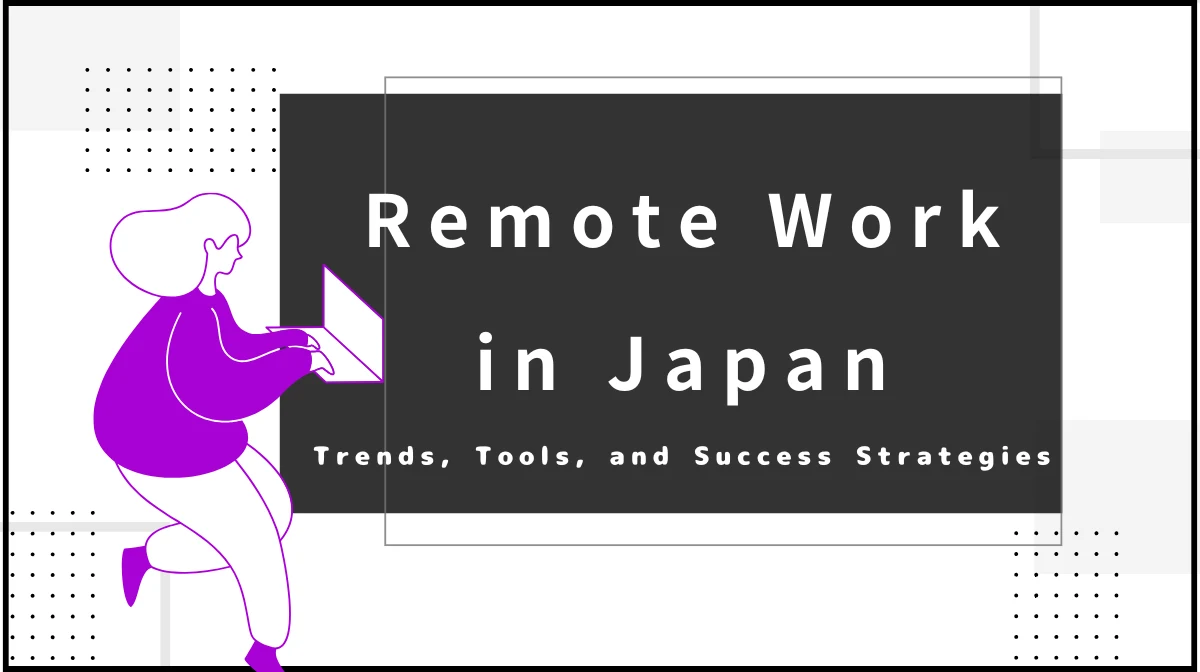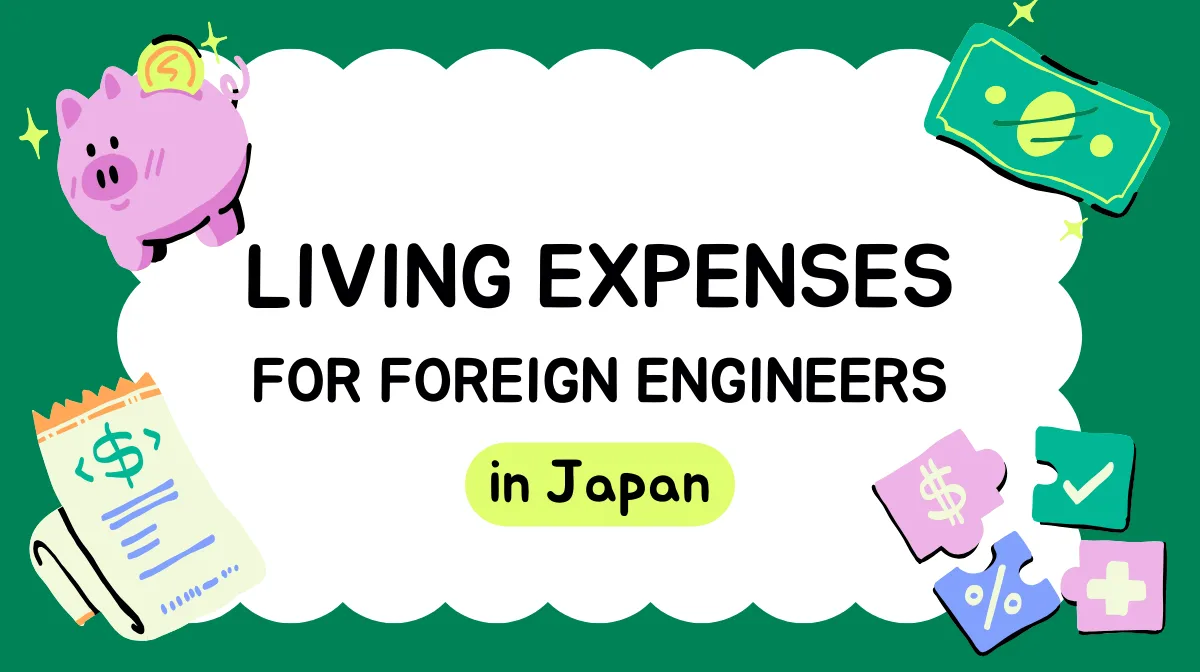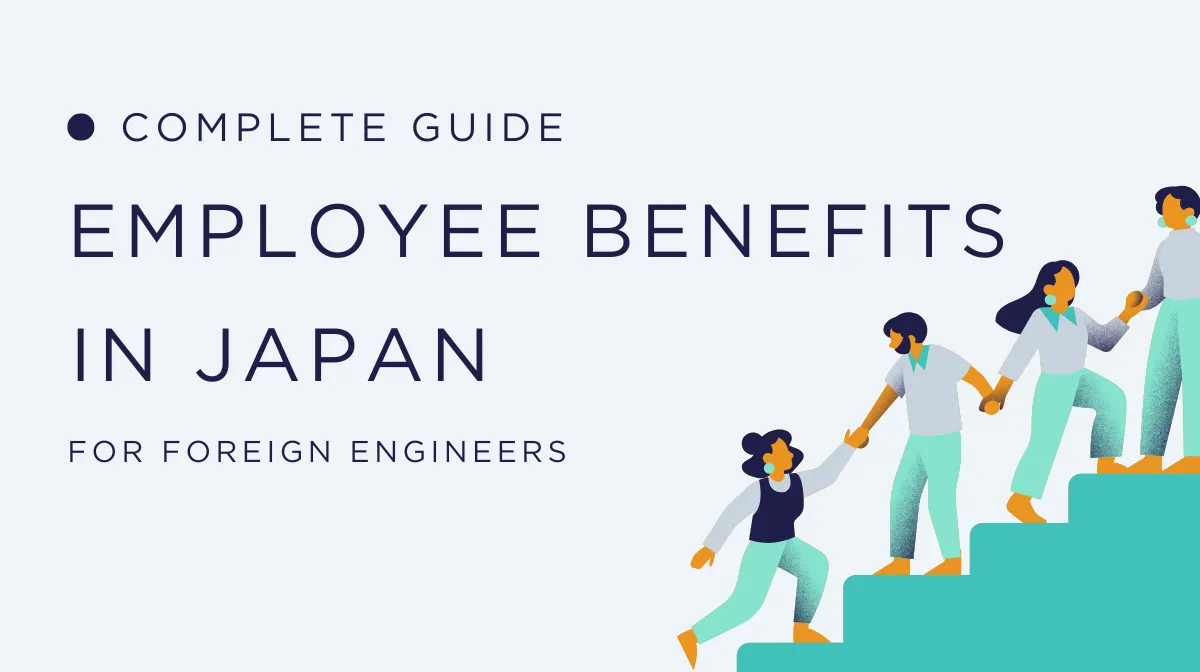Japan’s commuter pass system is essential for foreign workers. This guide covers optimal pass choices for modern work styles, including remote work arrangements.
Learn IC card basics, English support, and troubleshooting for commuter pass Japan.
- How to purchase and use commuter pass Japan for maximum savings.
- Best strategies for IT engineers with flexible work schedules.
- Essential troubleshooting tips for lost passes and delays.
1. Understanding Commuter Pass Japan: The Basics
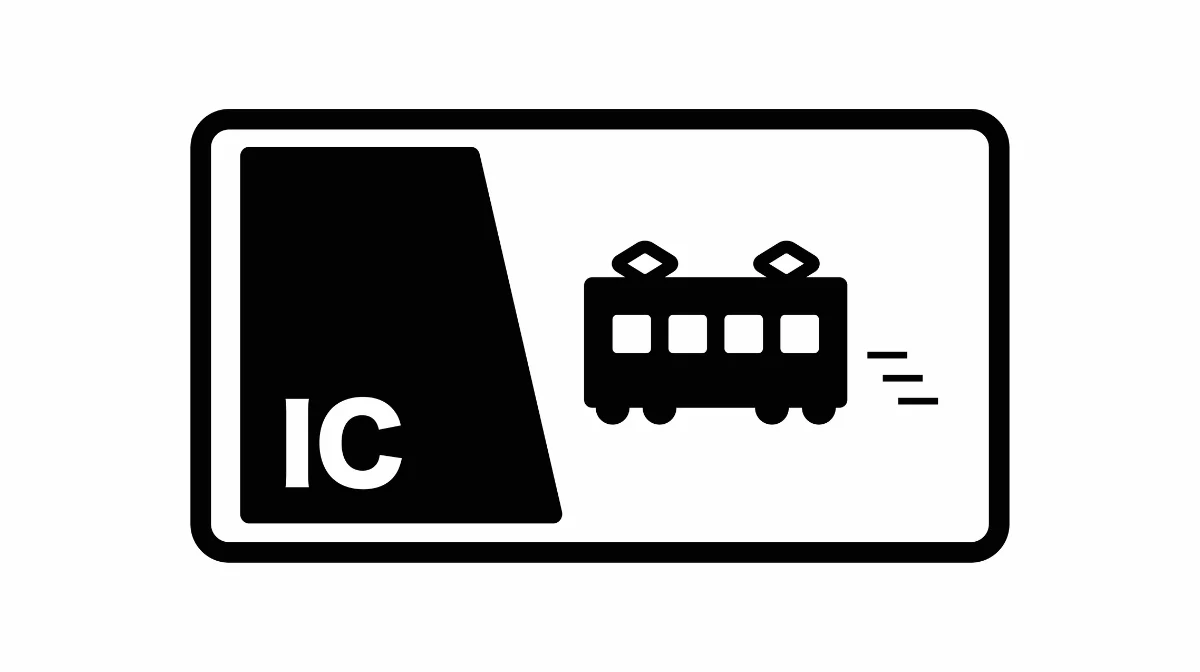
Japan’s commuter pass system offers unlimited travel within specific zones for set periods. Unlike pay-per-ride systems, you purchase 1-month, 3-month, or 6-month passes with complete freedom to travel within your designated route.
How Commuter Pass Japan Differs from Other Systems
Japanese passes use FeliCa chip technology, processing transactions in 0.2 seconds. The system includes automatic fare adjustment when traveling beyond your area, plus built-in electronic money for shopping.
Company Transportation Benefits
Most Japanese companies provide commuter pass allowances as standard benefits. Monthly allowances up to 150,000 yen are tax-free. Companies calculate costs based on the most economical route and prefer 6-month passes for better discounts.
Major IC Cards
Since 2013, all major IC cards work nationwide. Suica serves JR East and Tokyo, PASMO covers private railways in Greater Tokyo, and ICOCA handles JR West and Kansai.
Welcome Suica offers 28-day unlimited use with no deposit for tourists.
2. How to Buy Your Commuter Pass Japan
Purchasing passes is straightforward with English support at major stations and through mobile apps.
Station Counters and Ticket Machines
Station counters offer the most support for first-time buyers. Staff at Tokyo, Shinjuku, and Osaka assist in English. You need your passport or residence card, route information, validity period, and payment method.
Modern ticket machines support multiple languages, though counters provide more personalized assistance.
Mobile Apps
Mobile Suica and Mobile PASMO enable 24/7 smartphone purchasing. The apps support Japanese only, so consider translation tools if needed.
Purchase Steps
- Download app and create account
- Register credit card information
- Select “Commuter Pass” → “New Purchase”
- Enter route details and validity period
- Complete payment and start using
Common Purchase Mistakes
Specify which railway company you’ll use at major stations. Input your name exactly as on your residence card. Consider job changes when choosing 6-month passes. Enable 3D Secure authentication on your credit card beforehand.
■Related Reading
Understanding Japanese workplace culture is essential when navigating transportation benefits and commuter allowances provided by your employer.
■日本でエンジニアとしてキャリアアップしたい方へ
海外エンジニア転職支援サービス『 Bloomtech Career 』にご相談ください。「英語OK」「ビザサポートあり」「高年収企業」など、外国人エンジニア向けの求人を多数掲載。専任のキャリアアドバイザーが、あなたのスキル・希望に合った最適な日本企業をご紹介します。
▼簡単・無料!30秒で登録完了!まずはお気軽にご連絡ください!
Bloomtech Careerに無料相談してみる
3. Commuter Pass Japan for IT Engineers: Work Style Strategies
IT industry’s flexible work requires different strategies. Remote work, client assignments, and multiple offices impact your optimal choice.
Remote Work Cost Analysis
With 38% of IT engineers working remotely 3+ days weekly, traditional passes may not be cost-effective. Most lines require 15-19 office days monthly to justify monthly passes.
For 3-day office schedules (12-13 days monthly), individual tickets often cost less. However, 6-month passes offer significant discounts even with reduced attendance.
Client Site Assignments
Over 90% of IT companies use client assignments where locations change regularly. Purchase passes for frequent destinations and use expense reimbursement for temporary assignments. Prefer shorter passes during project transitions.
Job Hunting Considerations
Switch to monthly passes when job hunting. Schedule multiple interviews efficiently, time refunds for early month processing, and research new commute costs for salary negotiations.
■Related Reading
Remote work trends in Japan are changing how IT professionals approach transportation planning and work-life balance strategies.
4. Commuter Pass Japan Pricing and Money-Saving Tips
Understanding pricing helps maximize savings through strategic choices and split ticketing.
Duration Pricing
Longer passes offer better monthly rates when used consistently. A typical 20km JR route costs 9,900 yen monthly, 9,403 yen for 3-month passes (5% discount), or 7,920 yen for 6-month passes (20% discount).
Choose longer passes only with stable commuting patterns.
Split Pass Savings
Split passes involve purchasing separate journey sections that cost less combined. This saves 3-5% on longer routes. Omiya to Tokyo costs 83,160 yen standard but only 79,770 yen split at Warabi, saving 3,390 yen.
Split passes work on one IC card but are only available for certain JR routes at station counters.
Managing Company Allowance Limits
When your location exceeds company allowances, research alternative routes, utilize split pass savings within limits, and combine transportation with housing allowances.
■Related Reading
Managing living expenses effectively, including transportation costs, is crucial for foreign engineers building their careers in Japan.
■日本でエンジニアとしてキャリアアップしたい方へ
海外エンジニア転職支援サービス『 Bloomtech Career 』にご相談ください。「英語OK」「ビザサポートあり」「高年収企業」など、外国人エンジニア向けの求人を多数掲載。専任のキャリアアドバイザーが、あなたのスキル・希望に合った最適な日本企業をご紹介します。
▼簡単・無料!30秒で登録完了!まずはお気軽にご連絡ください!
Bloomtech Careerに無料相談してみる
5. Handling Commuter Pass Japan Problems
Lost passes and delays can disrupt commutes. Knowing procedures reduces stress and gets you back on track.
Lost or Stolen Passes
Report loss to nearest station staff, file a police report, visit railway customer service with passport and police report number, then pay reissuance fee (typically 500-520 yen).
English Support
- JR East: 050-2016-1603 (weekdays 10:00-18:00)
- Tokyo Metro: Available at major stations
- PASMO: Support at operator stations
Always purchase registered passes to enable replacement services.
System Delays
Use official apps for real-time updates, check English operator websites, use Google Maps for alternatives, and communicate with your company.
For delays over 30 minutes, collect delay certificates from stations or download through apps. These excuse tardiness and may be required by employers.
6. Transportation Etiquette and Cultural Integration
Understanding Japanese transportation culture helps professional and social integration.
Essential Train Manners
Queue orderly and let passengers exit first. Keep conversations quiet and avoid phone calls. Offer priority seats to elderly, pregnant, or disabled passengers. Hold backpacks in front and keep large bags at your feet.
These behaviors demonstrate respect and contribute to system efficiency. Cultural awareness enhances workplace relationships.
Exploration Opportunities
Your pass enables cost-free exploration within coverage areas. Tokyo Metro passes provide access from traditional Asakusa to modern Shibuya without additional charges.
Station shopping complexes offer convenient access to restaurants and shops directly connected to platforms.
7. Regional Commuter Pass Japan: IT Hub Areas
Different regions offer distinct advantages. Understanding local systems helps choose optimal work locations.
Tokyo Metropolitan Area
Tokyo has Japan’s largest IT employment market. Shibuya hosts Google, DeNA, and CyberAgent. Roppongi features international companies. Nishi-Shinjuku focuses on enterprise software. Shinagawa offers good Shinkansen and airport access.
Sample Monthly Costs
- Kawasaki to Shibuya: 9,350 yen
- Omiya to Shinjuku: 9,900 yen
- Yokohama to Tokyo: 8,910 yen
Kansai Region
Osaka, Kyoto, and Kobe offer excellent opportunities with lower costs than Tokyo. ICOCA passes work nationwide for business travel. Extensive private railways offer residential flexibility.
Key routes
Kobe to Osaka (10,980 yen), Kyoto to Osaka (11,880 yen), Nara to Osaka (12,700 yen).
Other Major Cities
Nagoya features Toyota-related IT companies. Fukuoka offers startup-friendly environments. Sapporo focuses on energy sector IT. These cities provide better work-life balance and lower expenses while maintaining strong opportunities.
■Related Reading
Tokyo offers unique housing considerations for foreign IT engineers, with transportation access being a key factor in location decisions.
8. Latest Commuter Pass Japan Technology and Services
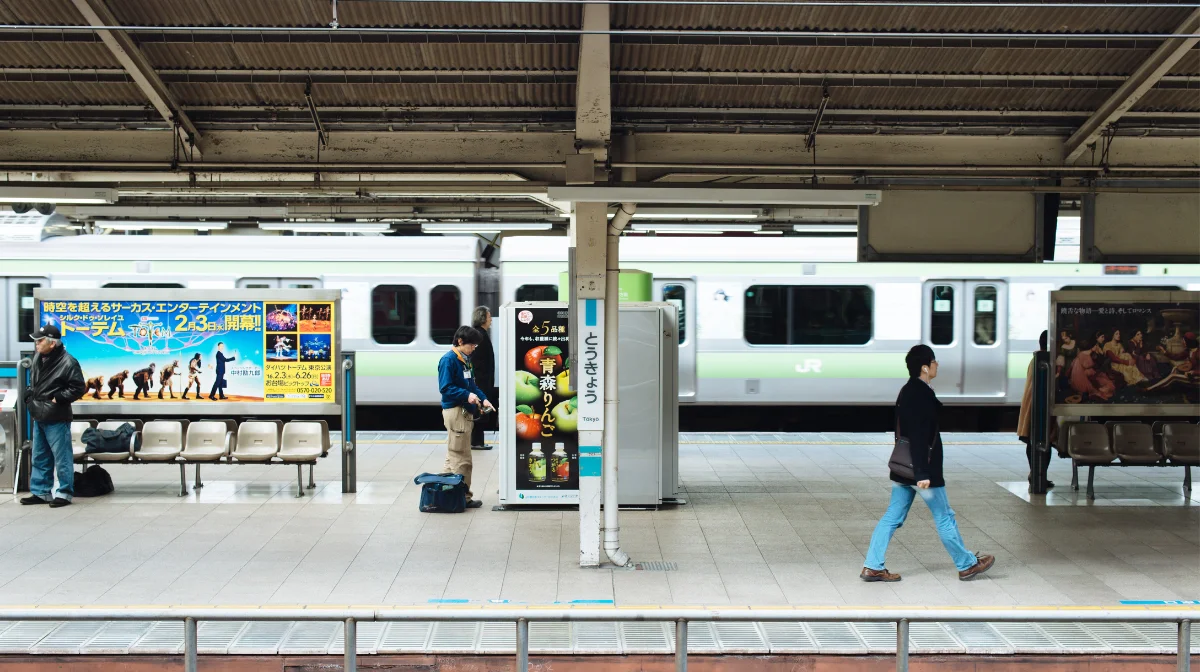
Transportation technology advances with improved multilingual support and digital integration for foreign users.
Digital Innovation
Smartphone integration revolutionized pass management. QR code systems expand beyond IC cards. AI-powered multilingual assistance is available at major stations. Integrated apps combine trains, buses, and shared transportation.
Popular apps include KANSAI MaaS for transportation and tourism, and My Route for multi-modal planning.
Enhanced Foreign User Support
Transportation companies expanded English support. Multilingual machines are at all major stations. English-speaking staff work at key hubs. Mobile apps offer better English integration with specialized foreign resident support.
Tourist options include Welcome Suica with extended benefits and PASMO PASSPORT with merchant partnerships.
Corporate Support
Many companies offer dedicated services for employers of foreign nationals, including bulk purchases and specialized HR support for international staff transportation.
■Related Reading
Understanding employee benefits in Japan, including transportation allowances, helps foreign engineers maximize their compensation packages.
9. Commuter Pass Japan Success: Key Takeaways
Mastering commuter pass Japan transforms your daily life in Japan. Choose passes based on actual work patterns, not assumptions. IT professionals should prefer shorter passes during job transitions and longer passes for stable positions.
Understanding cultural etiquette enhances your professional image. Your pass coverage enables cost-effective local exploration and business networking.
Success requires strategic thinking about work patterns and cultural awareness. This investment provides lasting benefits throughout your Japanese career.

